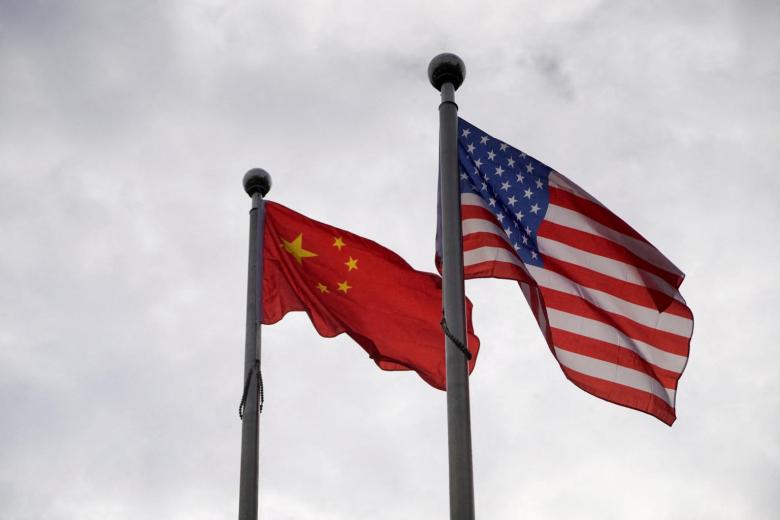WASHINGTON (BLOOMBERG) - The United States is continuing conversations with China despite Beijing's failures to abide by a trade agreement reached during the Trump administration, but that process could soon come to an end, according to people familiar with the matter.
President Joe Biden's officials, running out of patience after months of talks on shortfalls in the so-called phase one trade agreement, are trying to assess Beijing's willingness to make any further concessions but consider that unlikely, the people said.
The White House plans, however, to let the talks play out before the Biden team considers next steps on how to respond.
Trade data released by the Commerce Department last week underscored that China had failed to live up to its commitments under the deal and American officials pledged to hold the country accountable, though without citing a specific timeline for countermeasures.
The Biden team has also stressed that the trade deal does not address longstanding US concerns with China's state-led economic system - an issue US Trade Representative (USTR) Katherine Tai said she wants to focus on in her negotiations with Beijing.
"We will continue our necessary efforts to shape the environment around China by building resilience and competitiveness at home, diversifying markets, limiting the impact of Beijing's harmful practices, working with allies and partners, and using the full range of tools we have to defend American economic interests," USTR spokesman Adam Hodge said in a statement last week.
Bloomberg reported last year that the administration was considering a Section 301 investigation to counter China’s industrial subsidies.
Such an inquiry, which typically takes months to conclude, could result in more tariffs.
As other potential measures against Beijing, the US continues to review whether and how it will limit outbound investment as well as potential curbs to apps such as Tiktok and WeChat that US officials say pose a risk to Americans’ data security.
The administration last week issued its long-awaited Indo-Pacific strategy with the goal of cementing its leadership and engagement in the region, even as it’s preoccupied with tensions around Ukraine.
While the document lays out challenges China poses to the region, the White House was also set to issue a separate, China-specific strategy by the end of last year. It’s not clear if such a strategy is forthcoming and when.

